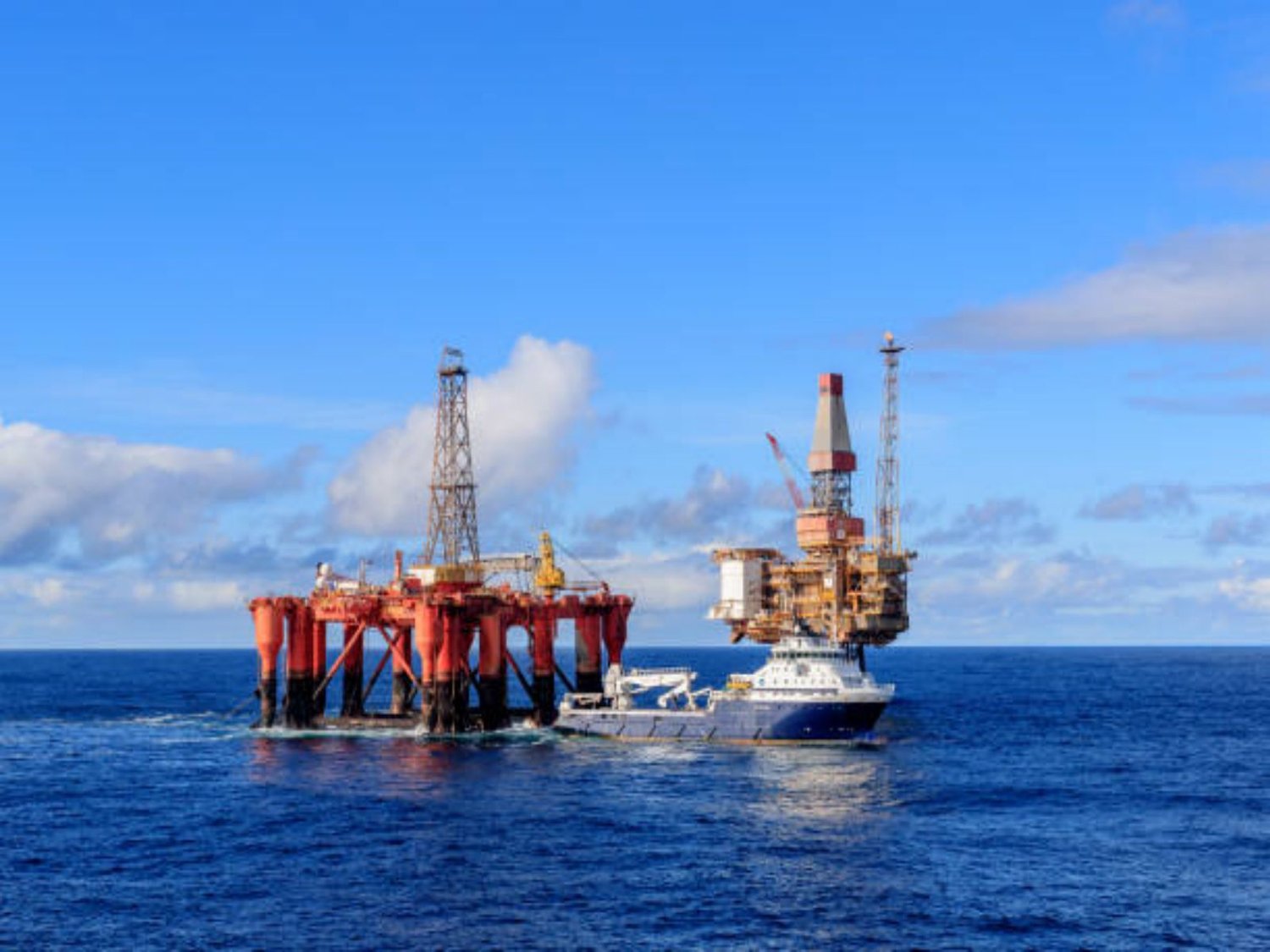Table of Contents

The Strength of Titanium Plates in Marine Environments
Titanium plates are highly advantageous in marine environments due to their exceptional strength. With a tensile strength that surpasses that of steel, titanium plates can withstand the harsh conditions of the ocean. This strength is crucial for various marine applications, including shipbuilding, offshore structures, and underwater equipment.
Corrosion Resistance: A Key Advantage
One of the most significant advantages of titanium plates in marine environments is their exceptional corrosion resistance. Unlike other metals, titanium does not corrode when exposed to seawater or saltwater environments. This corrosion resistance ensures the longevity and durability of titanium plates, making them ideal for marine applications.
Lightweight Design for Enhanced Efficiency
Titanium plates offer a unique advantage in marine environments with their lightweight design. Despite their impressive strength, titanium plates are significantly lighter than steel, aluminum, or other metals commonly used in marine applications. This lightweight nature not only reduces the overall weight of marine structures but also enhances fuel efficiency for ships and other marine vessels.
Excellent Heat Resistance
Marine environments often subject materials to extreme temperatures, both hot and cold. Titanium plates exhibit excellent heat resistance, allowing them to withstand high temperatures without deformation or loss of strength. This advantage is particularly crucial for marine structures exposed to intense heat, such as exhaust systems or engine components.
Superior Biocompatibility for Marine Life
When it comes to marine environments, it is essential to consider the impact on marine life. Titanium plates are known for their superior biocompatibility, meaning they do not harm or negatively impact marine organisms. This advantage makes titanium plates an excellent choice for marine structures that aim to minimize their ecological footprint.
Resistance to Pitting and Crevice Corrosion
In addition to overall corrosion resistance, titanium plates also exhibit exceptional resistance to pitting and crevice corrosion. Pitting corrosion occurs when localized damage leads to the formation of small pits on the metal surface, while crevice corrosion occurs in narrow gaps or crevices. The resistance of titanium plates to such types of corrosion further enhances their durability in marine environments.
Low Maintenance Requirements
Another advantage of titanium plates in marine environments is their low maintenance requirements. Due to their corrosion resistance and durability, titanium plates do not require frequent maintenance or replacement. This advantage not only saves time and resources but also reduces the downtime associated with maintenance activities.
Longevity and Cost Effectiveness
Titanium plates offer excellent longevity in marine environments, thanks to their resistance to corrosion and other forms of degradation. This longevity translates into cost-effectiveness, as structures made from titanium plates require less frequent repairs or replacements. Over the long term, the initial investment in titanium plates proves to be a wise choice for marine applications.
Flexibility and Formability
Despite their exceptional strength, titanium plates offer flexibility and formability. This advantage allows manufacturers to shape and mold titanium plates into complex and intricate designs, meeting the specific requirements of marine applications. The flexibility of titanium plates also facilitates ease of installation and reduces the need for additional components.
Compatibility with Advanced Coatings
Many marine structures require protective coatings to enhance their durability and resistance to corrosion. Titanium plates are highly compatible with various advanced coatings, further improving their performance in marine environments. This compatibility ensures that the advantages of titanium plates can be maximized, providing even greater protection against the harsh conditions of the ocean.
